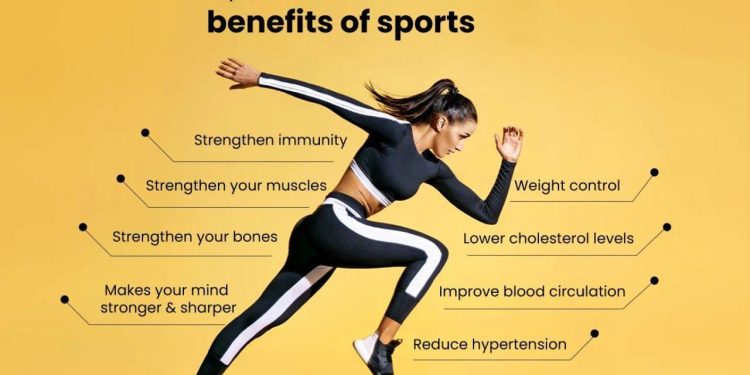Sports represent a universal form of physical activity that fosters unity and builds a sense of community. People of all ages, genders, and backgrounds derive enjoyment from sports, which can be engaged in at various levels, from amateur to professional. There is an array of sports to choose from, each boasting its unique set of rules and strategies. Among the most popular sports globally are soccer, basketball, football, baseball, and tennis, captivating millions of enthusiasts worldwide and generating billions of dollars in revenue through professional leagues.
Beyond the obvious physical advantages of sports, which encompass increased strength, endurance, and coordination, participation in sports can also have a profoundly positive impact on mental health. Numerous studies have highlighted how playing sports can effectively reduce stress, enhance self-esteem, and elevate overall mood.
A pivotal aspect of sports is teamwork, whether within a youth league team or a professional squad. Collaboratively striving toward a common goal imparts invaluable life skills such as communication, leadership, and cooperation.
Furthermore, sports play a crucial role in cultivating healthy competition. Competition, when approached in a constructive manner, motivates individuals to push their limits and work harder, enabling them to reach their full potential. It also serves as a tutor in the art of gracefully handling both victory and defeat.
Despite the numerous advantages associated with sports, there are potential downsides to consider. Injuries are an inherent risk in sports, ranging from minor sprains and strains to more severe issues like concussions and broken bones. Additionally, the intense pressure to secure victory can sometimes lead to unethical behavior, including cheating and the use of performance-enhancing drugs.
Nevertheless, it is evident that the merits of sports far outweigh the risks. Engaging in sports offers positive effects on both physical and mental health while fostering the development of essential life skills. Whether as an active participant or an enthusiastic spectator, sports unite people and foster a sense of community.
In conclusion, sports represent an integral part of our lives and exert a positive influence on our physical and mental well-being. They not only bring individuals together, creating a sense of community, but also facilitate the acquisition of crucial life skills such as teamwork, leadership, and communication. Sports are an excellent avenue for staying active, healthy, and enjoying oneself.


